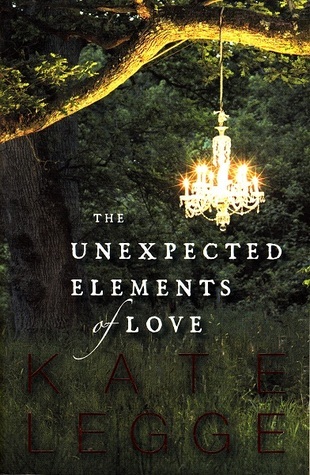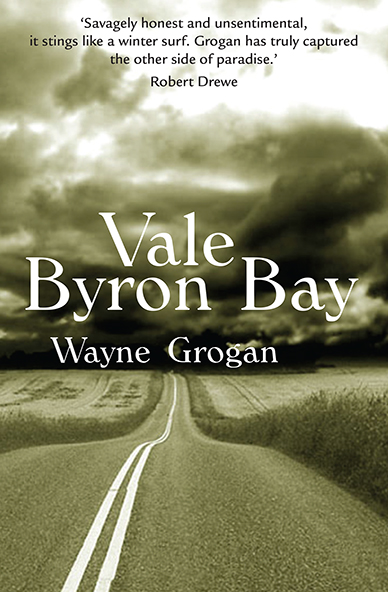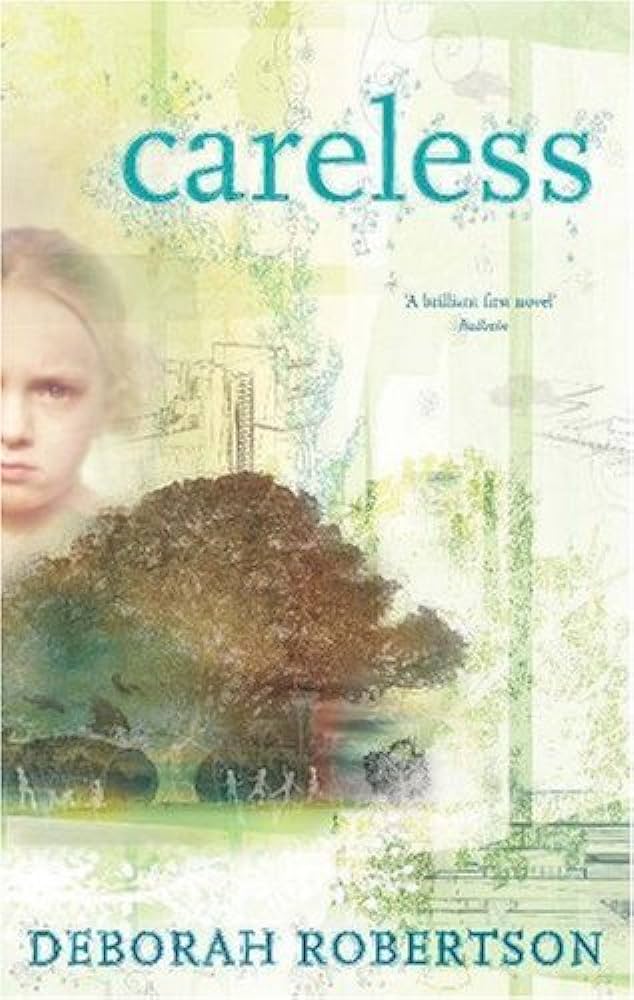Fiction
Vale Byron Bay by Wayne Grogan & Tuvalu by Andrew O’Connor
Life’s not easy when … (fill in the blank according to your main story issue). It is a line that appears frequently on back covers and in press releases for junior fiction. But life is getting a lot easier for parents and teachers of reluctant readers who would far rather race around with a ball than curl up with a book. With the arrival of the sports novel, they can now read about somebody else racing around with a ball – or surfing, swimming, pounding the running track, wrestling, or cycling (the genre covers a wide field). Balls, however, seem to predominate. And problems. Life isn’t easy for publishers without a sports series. Hoping to emulate the success of the ‘Specky Magee’ books written by Felice Arena and Garry Lyon, publishers have been busy throwing authors and sport stars together, one to do the creative business, and the other to add verisimilitude and sporting cred.
... (read more)













